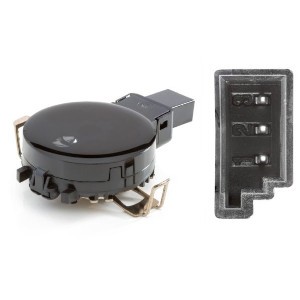 GB
GB
Other Sensors

To help us bring you the correct parts,
use our car finder to search for your reg or select your vehicle above
Vehicle sensors are an important part of every modern car or van.
They help keep us safe on the road by providing important information about the vehicle, such as its speed, fuel levels and air pressure.
With the right sensors, drivers can be more aware of their car’s condition, allowing them to take appropriate action, such as topping up their fuel and checking oil levels.
General vehicle sensors are affordable, easy to install, and designed for a broad range of vehicles.
Our range of general vehicle sensors provides essential information about the car, such as its speed, fuel, air pressure and oil levels.
With these sensors, drivers can be more aware of their car’s condition and react quickly in an emergency.
For those wishing to purchase automotive general vehicle sensors, our range offers a variety of options to suit any budget, as well as high-quality sensors that are reliable, easy to install and operate.
With our range of sensors, you can trust that your car will be kept safe and operating in perfect condition.

Frequently Asked Questions - FAQs

1. How often should engine sensors be replaced?
A: Depending on the type and age of the vehicle, engine sensors should generally be replaced every 30,000 to 50,000 miles.
2. What are the symptoms of a faulty engine sensor?
A: Symptoms of a faulty engine sensor may include decreased fuel economy, poor engine performance, engine roughness, increased emissions, and strange or illuminated warning lights on the dashboard.
3. What does an engine sensor do?
A: An engine sensor is a type of device designed to monitor and measure the performance of an engine’s components and systems, then sends the data to the vehicle’s computer. The computer uses the data to adjust the engine to optimize performance, fuel efficiency, and emissions.
Related Products










































































































